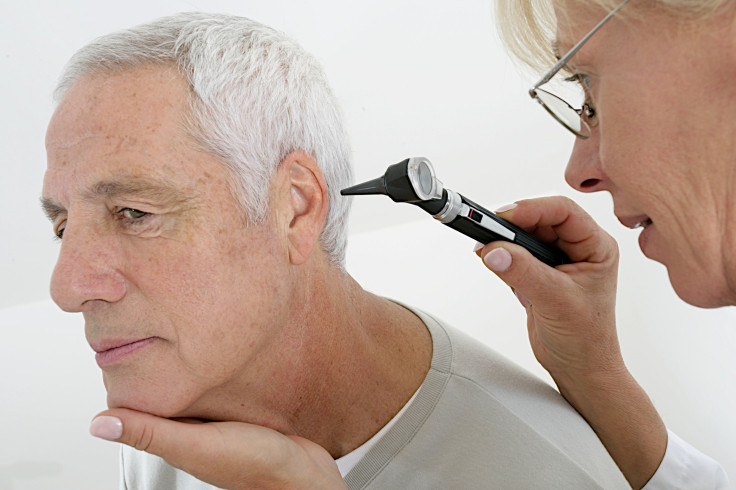The Surprising Link Between HIV And Poor Hearing

Hearing loss has doubled in the last 30 years among Americans and can result from a number of factors, including illnesses such as meningitis or measles, medications such as aspirin or quinine, injuries, and even high levels of noise, according to the American Speech-Language-Hearing Association.
Human Immunodeficiency Virus (HIV) though not yet verified as a cause, has been linked to hearing loss in the past and is again in a new study that for the first time has made the connection after taking into account multiple factors not tested together in previous studies that contribute to hearing loss.
The study, published in JAMA Otolaryngology-Head & Neck Surgery, found that HIV-positive adults showed higher rates of both high and low frequency hearing loss compared to non-HIV adults, taking into account factors such as age, race, sex, and history of noise exposure in patients while also examining whether or not HIV status and antiretroviral therapy (ART) play a role in this link.
“To our knowledge, this is the first study to demonstrate that HIV-positive individuals have poorer hearing across the frequency range after many other factors known to affect hearing have been controlled for,” said the authors in the study.
Over 262 men and 134 women participated in the study, of which 117 and 105 were HIV-positive, respectively. Men were recruited from the Multicenter AIDS Cohort Study in the Baltimore, Md., and Washington, D.C. area, while women who participated were part of the Women’s Interagency HIV Study. The average age for men was 57 and 48 for women.
Participants each filled out a questionnaire that asked them to name factors such as diseases, injuries, noise exposure and aspects about their birth that may contribute to hearing loss. They then received ear examinations, testing the state of external, middle, and internal parts of the ear and ear drums for disease and functions, such as balanced ear canal volume and levels of acoustic admittance. Researchers also tested puretone averages(PTA), playing a range of frequencies between 250 and 8000 Hertz to see which ones that each subject reported hearing noise at, with the focus being that the lower the frequency, the better one could hear.
HIV-positive men and women were found to need slightly higher levels of both high and low frequency PTA to hear noise, meaning that they had slightly poorer hearing than men and women without HIV, respectively. These results imply that HIV-positive adults may have a harder time hearing and understanding speech due to the low-frequency sounds of vowels and consonants in the English language. Most participants were suggested to be suffering from sensorineural hearing loss, which occurs when there is damage to the inner ear or nerve pathways between the inner ear and the brain.
The study suggests that people infected with HIV may experience changes in the way their body normally functions, and that these changes may take after characteristics or aspects that contribute to hearing loss. Researchers also did not expect HIV to have an effect on low-frequency hearing loss in participants, since they were middle-aged. ART and aspects of the virus, such as HIV viral loads and CD4+ and CD8+ T-cells, were not found to be connected to higher PTA levels in this study.



























